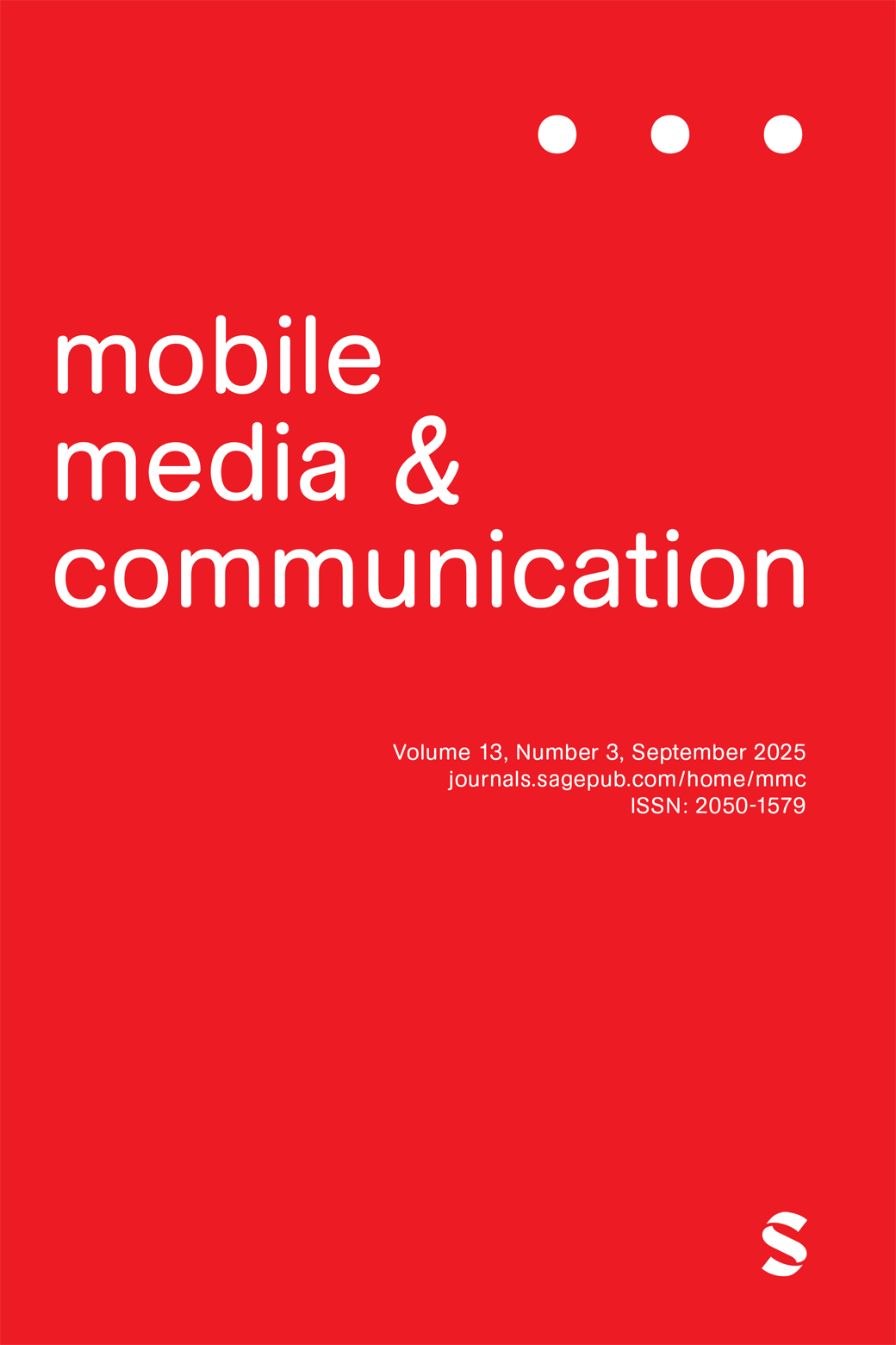Smartphones are widely considered a more suitable tool for those who have recently come to the digital world, such as older people. Many scholars and experts promote the spread of mobile services among the older population in order to enhance the maintenance of independence and autonomy in late age. However, few qualitative studies have thoroughly investigated older adults’ tactical use of smartphones, especially in the postpandemic context of digital acceleration. This paper investigates the tactical use of mobile services among 40 individuals, both male and female, aged 65 to 80 in Lodi, Italy, the first COVID-19 “Red Zone” in Europe. The study seeks to examine how mobile phone narratives in postpandemic settings reflect cultural models of active ageing; the dynamics of resistance, rejection, and adaptation regarding older individuals’ engagement with digital services; and the influence of social relationships in facilitating local access to predominantly digital and mobile-first public services. We argue that a tactical nonuse of mobile services emerges in narratives that, instead of reproducing a linear and homogeneous understanding of active ageing, challenge a binary opposition between users and nonusers of information and computer technologies (ICTs) in late age.
Publication
Ageing and Mobile Phones: Tactical Uses/Nonuses in postpandemic Italy

Simone Carlo
Francesco Diodati